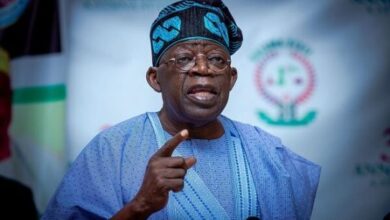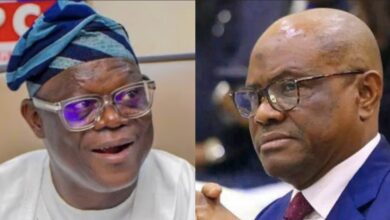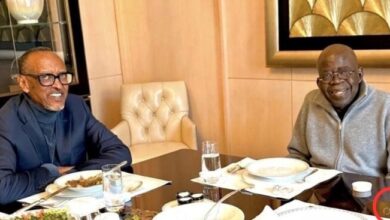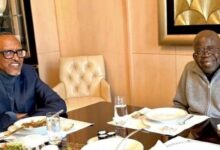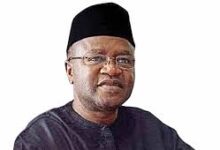NIGERIA 2027: Public trust shaky as Obasanjo knocks INEC, tags judiciary as ‘court of corruption’
*Laments decline in Nigerian judiciary’s integrity *Warns justice has become commodified in country *Book reveals week after Rhodes-Vivour expressed concerns about ability of Nigerian judiciary to give justice

By KEMI KASUMU
“You take that to court and you prove that somebody has sworn an oath of allegiance to another country, and he’s also Chief Security Officer and the court would bye-pass that and pretend that it did not see it, and you think you can have a good country. How does that make sense? Your Chief Security Officer. The Nigerian leader should be the best of us,” Gbadebo Rhodes-Vivour had said week before the Obasanjo’s new book unfolded.
In what appears to be the result of his long thought about response to the manner of election conducts and dispositions of court to judgements delivery since 2015, especially the time Bola Ahmed Tinubu took hold of powers in Nigeria over two years ago, Chief Olusegun Obasanjo, President of the country (1976-1979 – military and 1999-2003 – civilian), has raised the alarm over the allegedly official mishandling of the judiciary and the only means for national peace that Independent National Electoral Commission (INEC) is charged with.

He reportedly raised this alarm while criticising the Nigerian judiciary, saying it has been “deeply compromised” and that corruption among judges has turned courts into “a court of corruption rather than a court of justice.”
The three-time leader of world’s most important black nation stated this in his new book titled, “Nigeria: Past and Future”, in which he laments the steady decline of the Nigerian judiciary’s integrity, warning that justice has become commodified in Nigeria.
He stated that, “The reputation of the Nigerian judiciary has steadily gone down from the four eras up till today. The rapidity of the precipitous fall, particularly in the Fourth Republic, is lamentable.”
Obasanjo expressed concern that the judiciary’s decline poses a significant threat to the nation’s stability as he recounted an incident where a governor showed him six duplex buildings belonging to a judge, who allegedly acquired them from money made as chairman of election tribunals.
This anecdote, the former president said, illustrates the depth of corruption in the judiciary.
Obasanjo’s book comes barely a week after Gbadebo Rhodes-Vivour, Lagos State Labour Party’s 2023 candidate revealed in an interview with senior journalists how worrisome the Nigeria’s judiciary had become.
“I would say poor leadership because that is where it starts. If you look at our constitution, well, it might not be perfect, as a working document if followed to the letter, we would have a good country. Our Constitution as we speak; our Constitution says one of the reasons we should remove a sitting governor is if you find out and you can prove that he has sworn an oath of allegiance to another country. That is in the Constitution document, first reason why you can remove a sitting governor.
“You take that to court and you prove that somebody has sworn an oath of allegiance to another country, and he’s also Chief Security Officer and the court would bye-pass that and pretend that it did not see it, and you think you can have a good country. How does that make sense? Your Chief Security Officer. The Nigerian leader should be the best of us,” Gbadebo Rhodes-Vivour had said in the media interview recorded in a video by The DEFENDER.
The former president, Olusegun Obasanjo, also accused Professor Mahmood Yakubu of undermining the electoral process in the country since he becane INEC chairman in 2015.
“No wonder politicians do not put much confidence in an election which the INEC of Professor Mahmood Yakubu polluted and grossly undermined to make a charade,” he said.
Obasanjo further alleged that politicians believe the outcome of election disputes depends on the will of tribunal judges, court of appeal judges, and supreme court judges.
“No matter what the will of the people may be, the Chairman of INEC since after the 2015 election had made his will greater and more important than the will of the people,” he added.


